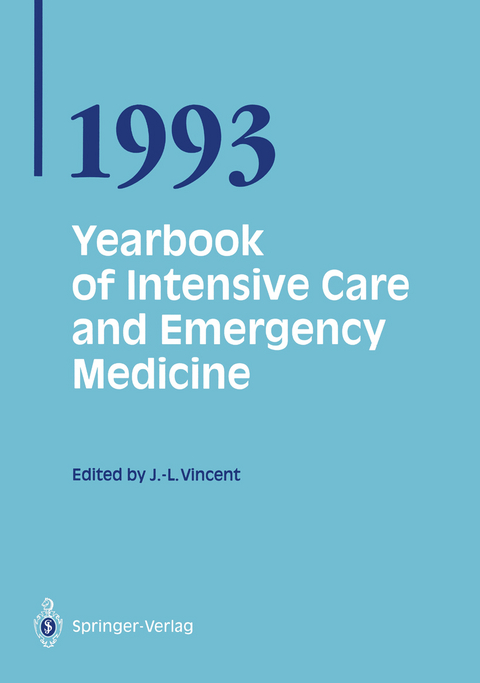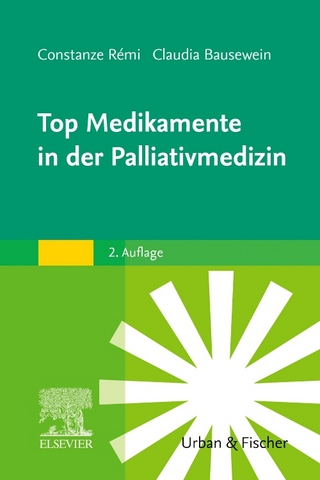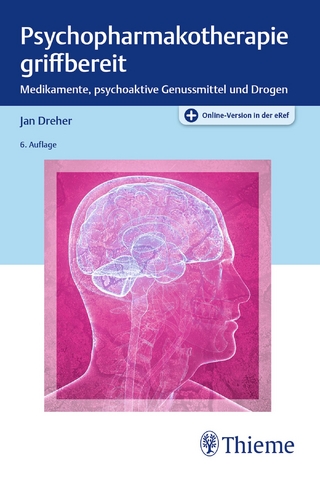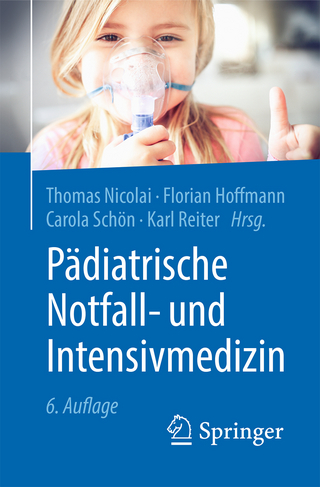
Yearbook of Intensive Care and Emergency Medicine 1993
Springer Berlin (Verlag)
978-3-540-56463-8 (ISBN)
Acute Response to Injury.- Hormone and Cytokine Regulation of Injury Metabolism.- Ischemia-Reperfusion Lung Injury: Repair of Endothelial Damage by Adenosine and cAMP.- Changes in Skeletal Muscle Energetics During Sepsis.- Effects of Critical Illness on Macrophage T and B Cell Function.- Immunological Response to Infection.- The Role of Endotoxin in Bacterial Septic Shock.- The Importance of Endotoxin in the Development of MOF.- Clinical Implications of Antibiotic-Induced Endotoxin Liberation.- Tumor Necrosis Factor ?: A Common Mediator of the Spectrum of Diverse Changes in Sepsis.- Monoclonal Antibody against TNF: A Non-Antibiotic Strategy for the Treatment of Sepsis.- IL-lra as a Therapeutic Modality in Sepsis.- Potential Importance of IL-8: A Potent Chemokine in Sepsis.- ARDS in MOF.- Liver-Lung Interactions in ARDS with MOF.- New Ideas in Treatment of ARDS.- Growth Factors.- Biosynthetic Growth Hormone: Impact on Nitrogen Metabolism and Muscle Function in Stressed Patients.- Administration of Human Growth Hormone in Critically Ill Patients.- The Use of Recombinant Human Growth Hormone in Burn Patients.- The Pathophysiology of Neuromuscular Weakness: Potential of Treatment with Growth Factors.- Nutrition.- Nutrition in Immune Cells: The Implications for Whole Body Metabolism.- Interaction of Tumor Necrosis Factor/Cachectin and Nutrition.- Modulation of Cytokine Biology by Dietary Fat.- Muscle Protein Synthesis in Critical Illness.- The Potential Use of Parenteral Dipeptides in Clinical Nutrition.- Gastric Intramucosal pH.- Intestinal Permeability and Bacterial Translocation: Their Role in the Development of MOF.- Intramucosal pH: What, How, Whom, When and Where?.- Nosocomial Pneumonia.- Risk Factors for Nosocomial Pneumonia.- Selective Digestive Decontamination: ACritical Appraisal.- Postoperative Complications.- Cardiac Risk in the Noncardiac Surgery Patient.- Pancreatic Cellular Injury after Cardiopulmonary Bypass.- Renal Support.- Recent Advances in Acute Renal Replacement Therapy.- Continuous Hemofiltration as Adjunctive Therapy in Septic Shock and MOF: Fact or Fiction?.- Pharmacological Interventions.- What Changes Drag Metabolism in the Critically Ill?.- Calcium, Catecholamine Action, and Cardiovascular Function during Critical Illness.- Oxygen Delivery.- Issues in Colloid and Transfusion Therapy of Sepsis.- Oxygen Delivery and Uptake in Septic Patients.- Clinical Controversies Concerning Oxygen Transport Prineiples: More Apparent than Real?.- Influence of Right Ventricular Function on Oxygen Delivery in ARDS.- Assessment of Systemic and Regional Oxygen Delivery and Consumption.- Arterio-Venous CO2 Gradients: Clinical Studies.- Cardiopulmonary Resuscitation.- Management of Severe Tachyarrhythmias.- Blood Flow Mechanisms during Cardiopulmonary Resuscitation.- Stress Hormone Release during Cardiac Arrest and Cardiopulmonary Resuscitation.- Pulmonary Hypertension.- Modulation of Pulmonary Vascular Tone by Nitric Oxide in Health and Disease.- Effects of Inhaled Nitric Oxide on the Pulmonary Circulation and Airway Tone.- Pulmonary Hypertension in Heart Failure: Effects of Heart Transplantation.- Ventilatory Support.- Mechanical Ventilation in Acute Neuromuscular Disorders.- Closed-loop Control in Mechanical Ventilation.- The Oxygen Cost of Breathing during Weaning from Mechanical Ventilation.- BIPAP, APRV, IMPRV: Methodological Concept and Clinical Impact.- Sedation.- Sympathetic Hyperactivity Syndromes in Ventilated Patients.- Pediatrics.- Congenital Diaphragmatic Hernia: A Continuing Challenge for Pediatric Surgeons and Neonatologists.- Brain Injury.- Severe Head Injury: What about Outcome?.- Pathophysiology, Monitoring, and Treatment of Severe Head Injury.- Fluid Administration in Severe Head Trauma Patients.- Endocrine Response after Brain Injury.- The Value of Hemodynamic Measurements in the Early Stage of Subarachnoid Hemorrhage.- Trauma.- Assessment of Severe Blunt Thoracic Trauma.- Lung Vascular Permeability Changes and Fluid Shifts in Traumatized Patients.- Coagulopathies.- Consumptive Coagulopathies in the Critieally Ill.- Emergencies.- The Emergency Department: The Closing Link in the Chain of Survival.- The Impact of Aging on Emergency Medicine.- Intoxications.- Cocaine: Medical Toxicity.- Acute Poisoning: Specific Management Revised.- Organ Transplantation.- Donor Selection and Maintenance Prior to Multi Organ Retrieval.- Subject Indecx.
| Erscheint lt. Verlag | 15.3.1993 |
|---|---|
| Reihe/Serie | Yearbook of Intensive Care and Emergency Medicine |
| Zusatzinfo | XVIII, 691 p. 10 illus. |
| Verlagsort | Berlin |
| Sprache | englisch |
| Maße | 170 x 242 mm |
| Gewicht | 1196 g |
| Themenwelt | Medizin / Pharmazie ► Medizinische Fachgebiete ► Intensivmedizin |
| Medizin / Pharmazie ► Medizinische Fachgebiete ► Notfallmedizin | |
| Schlagworte | atmungsunterstützende Maßnahmen • brain injuries • Bypass • cardiopulmonary resuscitation • Cardiovascular • cardiovascular function • coagulopathies • Herzlungenwiederbelebung • Hirnverletzungen • Hypertension • Immunological Response to Infection • Immunologische Reaktioonen auf Infektionen • Koagulopathien • noncardiac surgery • Sepsis • Surgery • Trauma • Ventilatory support |
| ISBN-10 | 3-540-56463-2 / 3540564632 |
| ISBN-13 | 978-3-540-56463-8 / 9783540564638 |
| Zustand | Neuware |
| Haben Sie eine Frage zum Produkt? |
aus dem Bereich


